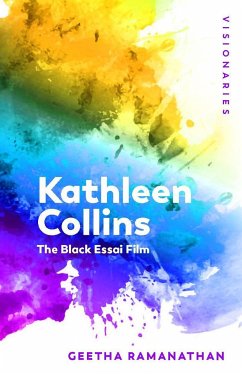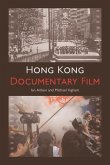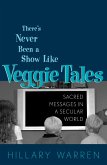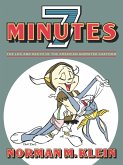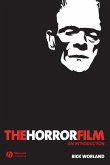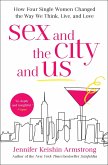A philosopher-filmmaker, Kathleen Collins decisively redefined the parameters of African American film with The Cruz Brothers and Miss Malloy (1980) and Losing Ground (1982). This book uses detailed analyses of Collins's films to contextualise her work in the African American, feminist and world film traditions, and it highlights her contribution to each of these canons. Exploring the philosophical aspects of Collins's films and placing her in a genealogy of African American auteurs, Geetha Ramanathan argues that Collins uses film to integrate diverse elements of African American culture, showing how the medium can transform the visual and become a site of convergence for ideas on philosophy, otherness, art, aesthetics and the craft of filmmaking. Geetha Ramanathan is Professor of Comparative Literature at West Chester University, where she teaches and writes on comparative literature, film and women's studies, including feminist and African American film. Her most recent book is The Female in German Modernisms: The Visual Turn (2019).
Bitte wählen Sie Ihr Anliegen aus.
Rechnungen
Retourenschein anfordern
Bestellstatus
Storno

